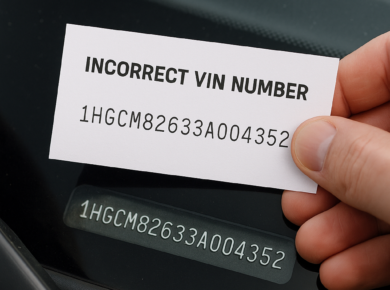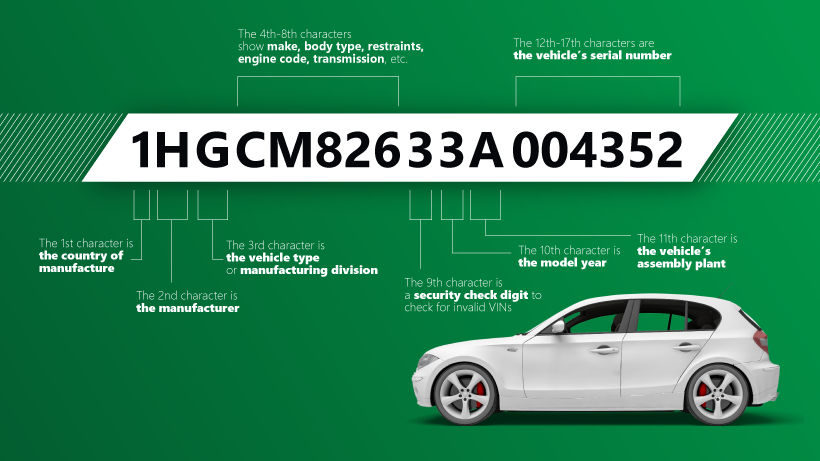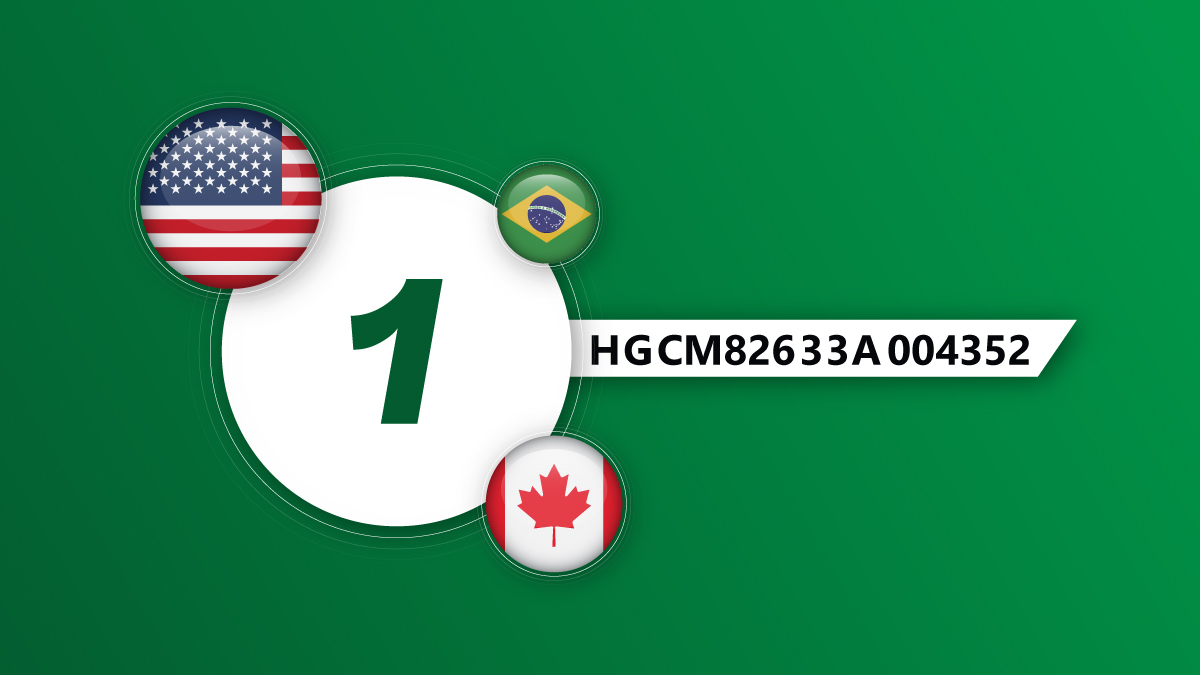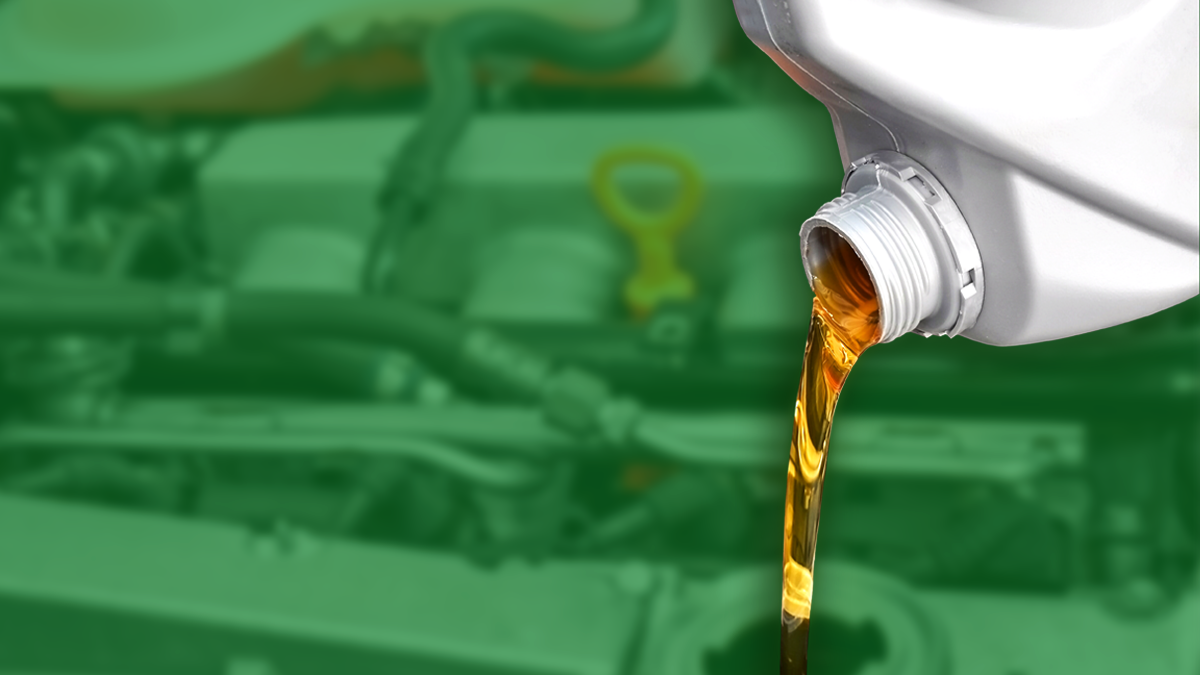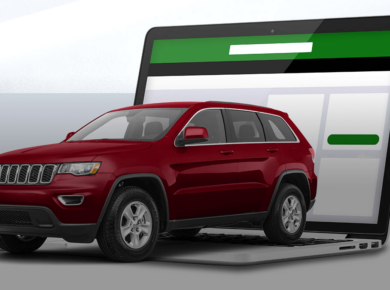Classic cars are not only a source of pride for their owners but also valuable investments. Unfortunately, the increasing number of retro vehicle scams makes it essential to verify a classic automobile’s background before making a purchase. That’s why we at ClearVIN emphasize the importance of reviewing a classic car vehicle history report and understanding the car’s condition in advance. This is where a car VIN lookup proves to be an essential tool.
At the same time, the question of how to look up classic car VIN numbers may arise. Do classic cars You may wonder how to check classic car VIN numbers, or even if older cars have standardized VINs at all. Are there unique considerations when performing an old car VIN check compared to modern vehicles? These questions are common, and ClearVIN is here to provide the answers. Let’s explore the details.
Why Run a Classic Car VIN Lookup?

Vintage cars often command higher prices due to their rarity, history, and unique features. However, this also makes them targets for fraud, title washing, and resale scams. Performing a classic car VIN check can help ensure you are purchasing an authentic and legally registered vehicle.
A classic car VIN decoder allows collectors, enthusiasts, and buyers to verify a wide range of details about a vehicle, including its production year, place of manufacture, original equipment, and more. A classic car VIN history report may include ownership history, title status, odometer readings, and whether the car has ever been reported stolen or salvaged.
Using a trusted platform to check classic car VIN details helps you assess potential risks and understand the true value of the automobile. Whether you’re a hobbyist or a dealer, this type of research is invaluable when building a collection or reselling vintage vehicles.
What to Know About a Vintage Vehicle VIN
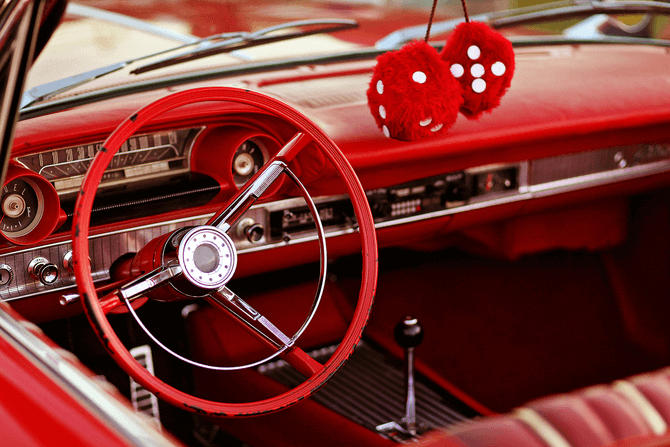
Understanding how VINs work for older vehicles is crucial before you research classic car VIN numbers. In the U.S., VINs were introduced in 1954, but there was no universal standard until 1981. Prior to that, each automaker used its own system, resulting in VINs that vary in length and format.
From 1954 to 1981, classic vehicles may have VINs ranging between 11 and 17 characters—or even fewer for vehicles built before 1954. This inconsistency makes decoding these older VINs more challenging. Additionally, international models may have different VIN structures, adding another layer of complexity when trying to get a reliable classic car history report.
Using a classic car VIN decoder for pre-1981 vehicles may not provide complete data due to limited record availability. While some platforms do offer a classic car VIN history check, others may not support retro formats, especially for imports and limited-production models.
How to Check VIN Numbers on Older Cars
If you’re planning to research classic car VIN numbers, there are multiple methods you can use to access a classic car history by VIN number. Let’s explore the most effective approaches:

Manual VIN Decoding Techniques
Some collectors prefer to decode VINs manually. This involves interpreting each segment of the code to learn more about the car’s make, year, and origin. However, with older cars, you may encounter a lack of accessible documentation—making manual decoding less reliable for a complete classic car history report.
Using Government Databases for Classic Car VIN Lookup
A great option is to consult databases like the National Motor Vehicle Title Information System (NMVTIS). These repositories contain records on title history, registration, and accident data. While they can be useful for a classic car VIN check, they may not always include all the information you need, particularly for vintage vehicles.
Online Classic Car VIN Lookup Tools
Another convenient approach is using online tools that allow you to check classic car VIN numbers quickly. ClearVIN offers a comprehensive classic car VIN lookup tool that delivers insights into title history, potential accidents, recalls, and more. These platforms are particularly helpful when conducting an old car VIN check remotely or when documentation is unavailable.
While some sites offer a free classic car VIN check option, the most accurate results usually come from paid or professional tools with verified sources. Keep in mind that for cars built before 1981, even professional services may face limitations due to fragmented data.
Benefits of Using Professional Classic Car VIN Lookup Services
When accuracy and reliability matter, a professional classic car VIN decoder is your best option. Here’s why:

Access to VERIFIED DATA
At ClearVIN, we provide access to a vast VIN database covering vehicles registered in the U.S. and Canada since 1981. While older VIN formats are harder to trace, our tools can often link them to essential records like accident history, title status, and ownership changes, offering a dependable classic car history report.
Cost-Effective AND EFFICIENT
Rather than spend hours researching or hiring a specialist, a classic car VIN lookup through ClearVIN offers a quick and affordable way to access relevant data. If you’re in the classic car business, we also provide bulk dealer access and report bundles tailored to professionals managing multiple vehicles.
TRUSTED SOURCES
Our classic car VIN number lookup service pulls data from trusted agencies like NMVTIS, NHTSA, J.D. Power, and more. This guarantees you’re receiving credible, up-to-date information for a wide range of retro vehicles.
CLEARVIN IS YOUR GO-TO FOR CLASSIC CAR VIN CHECK
Whether you’re buying, selling, or restoring a vintage car, a thorough classic car VIN check is an essential part of the process. At ClearVIN, we make it easy to perform a reliable VIN lookup and generate a full classic car vehicle history report that includes crucial information about the car’s background and condition.
From accidental damage reports to manufacturing details, our classic car VIN lookup service provides everything you need to make an informed decision. If you have any questions or need assistance, contact us online or call us at +1 (844) 268-5991 (8:00 AM–3:00 PM EST, Monday–Friday) and ask your questions.


